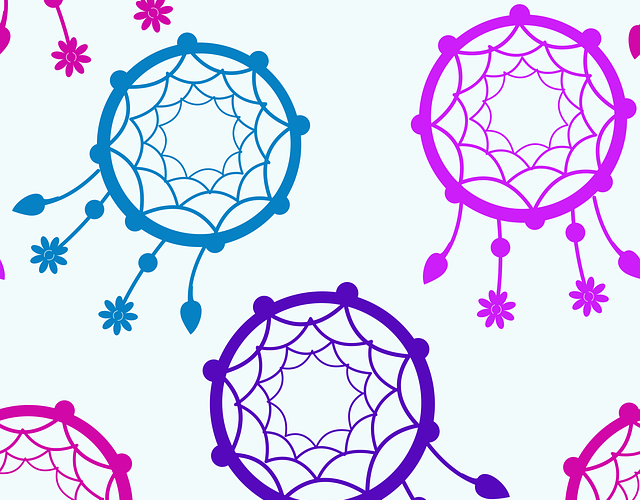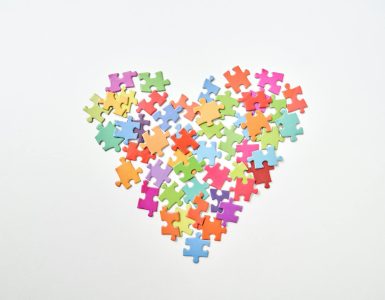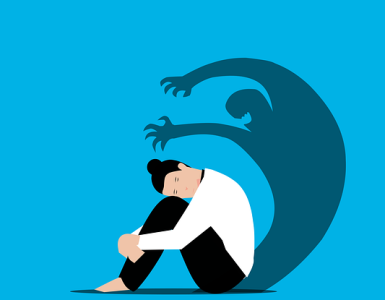First off, let’s consider dreams as our brain’s way of processing experiences. Think about it: every day, we encounter a whirlwind of emotions, challenges, and memories. When we dream, it’s like our mind is organizing files in a chaotic office. By sifting through thoughts, dreams help us make sense of our feelings and situations. Ever had a dream that solved a problem you were grappling with? That’s your subconscious working overtime!
Now, let’s talk about the dream world being a playground for creativity. Have you ever noticed how some of the best ideas come to us out of the blue? Sometimes, our wildest dreams can inspire us to think outside the box. They’re like the brainstorming sessions of our minds, allowing us to explore strange scenarios and possibilities that we might not consider when we’re awake.
But there’s also a deeper, more personal aspect to dreams. They often reflect our innermost fears, desires, and conflicts. Think of them as a mirror held up to our souls, revealing what we might not be ready to confront in the waking world. Is there something you’re dodging in real life? Sometimes, your dreams will nudge you toward facing those hard truths.
So, the next time you catch yourself dreaming, remember: it’s more than just random images. It’s your mind’s way of working through life, unleashing creativity, and reflecting on who you are. How wild is that?
Theories About the Purpose of Dreams
Some experts suggest that dreams are our mind’s way of processing emotions. Just like a computer sorting through files, our brains might be organizing the day’s events. Got a big presentation coming up? You might find yourself dreaming about it, running in your pajamas or forgetting your notes. It’s like your brain’s way of rehearsing for the real thing, helping you prep for whatever’s coming next.

Then there’s the theory that dreams are a window to our subconscious. Think of it as a secret chat with yourself. Have you ever dreamt about someone you haven’t thought about in ages? Those dreams might be nudging you to examine unresolved feelings or hidden desires. It’s like your brain’s own version of “Surprise! Here’s something you didn’t know you needed to think about!”
And let’s not forget the evolutionary perspective. Some scientists argue that dreams played a survival role in our ancestors’ lives, helping them rehearse situations and respond to threats. Picture our cave-dwelling forefathers dreaming of escaping lions—that’s some serious survival training right there!
Of course, there are also those dreaming skeptics who believe dreams have no inherent purpose at all, seeing them as mere side effects of our sleeping brain. Sounds a bit dull, doesn’t it? Who wants to think of their dreams as just random brain farts?
Whatever the reason behind our nightly escapades, one thing is clear: dreams fuel our curiosity and tap into the mysterious workings of our minds. They keep us questioning and wondering—even after we wake up.
Common Dream Themes and Their Meanings
Take falling, for instance. How many times have you jolted awake after plummeting into the abyss? Falling dreams are pretty widespread, and they’re often linked to feelings of insecurity or loss of control in our waking life. It’s like your brain is screaming, “Hey! You need to regain your balance!”
Then there’s the classic dream of being chased. Ever felt that adrenaline rush while being pursued by something—or someone—you can’t see? This theme frequently indicates anxiety or avoidance. Imagine your worries hunting you down like a dog chasing its tail; it’s a signal that it might be time to confront those nagging fears head-on.
Let’s not forget about flying! Dreaming of soaring through the sky can feel exhilarating, right? It’s often associated with freedom, empowerment, or a sense of escape from daily stressors. It’s like taking the ultimate joyride where you’re in the driver’s seat, embracing a reprieve from life’s challenges.
And how about those dreams where you’re back in school, unprepared for an exam? This theme hits close to home for many. It usually reflects feelings of inadequacy or fear of failure, as if your inner critic has dialed up the pressure. It’s a classic case of your brain’s way of making sure you’re ready for life’s next big test.
So the next time you drift into slumber and wake up pondering the meaning of your dream, remember—each theme is like a puzzle piece, waiting to help you understand yourself just a little better.

























Add comment